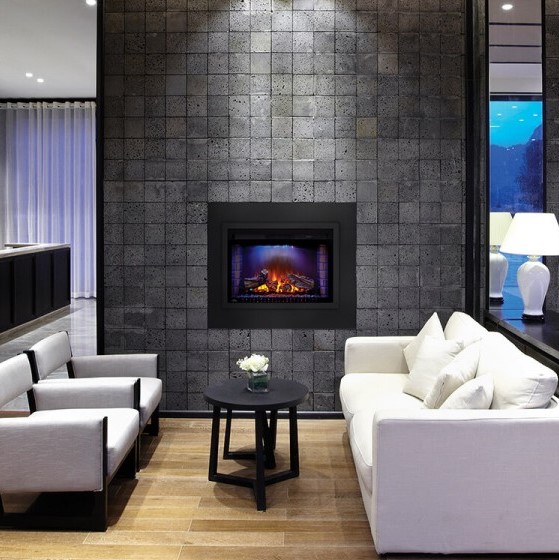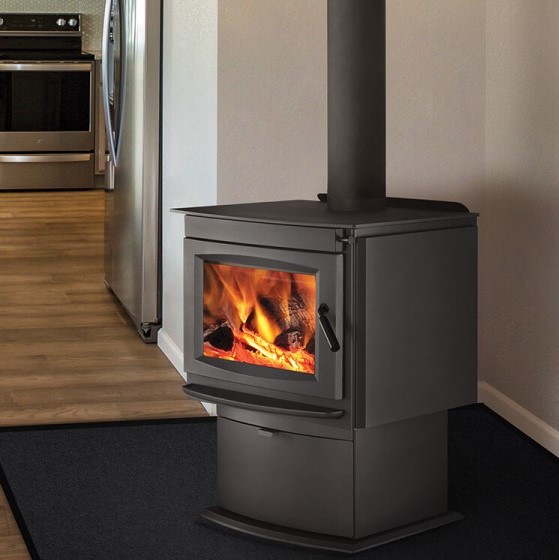 Rental property landlords need to regularly maintain and update their properties to remain competitive and maximize rental income. Like wood flooring and stainless-steel appliances, fireplaces are also a very desirable and sought-after home feature that can increase property value. A 2017 survey by Angie’s List found that a fireplace adds about $5,000 to the property value. In addition to an increase in property value, properties with a fireplace rent at a premium, thus increasing rental income as well. However, there are some liability and safety issues to consider before investing in a fireplace for your rental property.
Rental property landlords need to regularly maintain and update their properties to remain competitive and maximize rental income. Like wood flooring and stainless-steel appliances, fireplaces are also a very desirable and sought-after home feature that can increase property value. A 2017 survey by Angie’s List found that a fireplace adds about $5,000 to the property value. In addition to an increase in property value, properties with a fireplace rent at a premium, thus increasing rental income as well. However, there are some liability and safety issues to consider before investing in a fireplace for your rental property.
Consider Installing a Fireplace Insert
Fireplace inserts are self-contained heating appliances that offer a traditional fireplace ambiance at a fraction of the cost, making them an excellent choice for rental properties. Fireplace inserts are available in several different fuel types, including wood, pellets, gas, and electric. Zero clearance fireplaces are an excellent fit for homes, condos, and townhomes that don’t have space for a traditional fireplace. Fireplace inserts are also cleaner, safer, and easier for tenants to operate and maintain.
HOA Regulations
Condominium and Homeowner’s Associations may have rules and regulations that limit or restrict the size and types of fireplaces and other heating appliances that could be installed in your rental property. For instance, they may prohibit installing a chimney but may allow landlords to install a vented or ventless fireplace insert. Landlords also need to check if COA/HOA approval is required before installing a heating appliance.
Liability Insurance
Landlords should also consult with their insurance carrier before installing a fireplace or heating appliance in a rental property. An insurance rider may be necessary to protect the landlord from liability in the event of accidental injury or property damage while using the appliance. Otherwise, the landlord may be held personally liable for property damage or injuries caused by the tenant. Also, it’s a good idea to require tenants to obtain a Renter’s Insurance policy to cover their possessions in the event of a fire.
 Rental Agreement
Rental Agreement
Accidental injury and property damage can occur when a tenant doesn’t know how to use or maintain an appliance properly. Landlords should consider updating the Rental Agreement to include safety precautions and instructions on using the fireplace. Make sure the tenant understands their responsibilities for safely operating, maintaining, and caring for the appliance. Tenants also need to know who to call if there is a problem with the fireplace.
Annual Maintenance and Inspection
Whether you’re installing a wood or gas masonry or prefab fireplace or an electric fireplace insert, landlords should have a certified fireplace technician inspect and clean the fireplace at least once per year. The fireplace should also be inspected before a new tenant moves into the property. Annual maintenance and inspections are essential to ensuring the appliance is safe to operate. It will also enable the landlord to uncover damage that may have been caused to the unit due to tenant misuse or neglect before any deposits are refunded.

